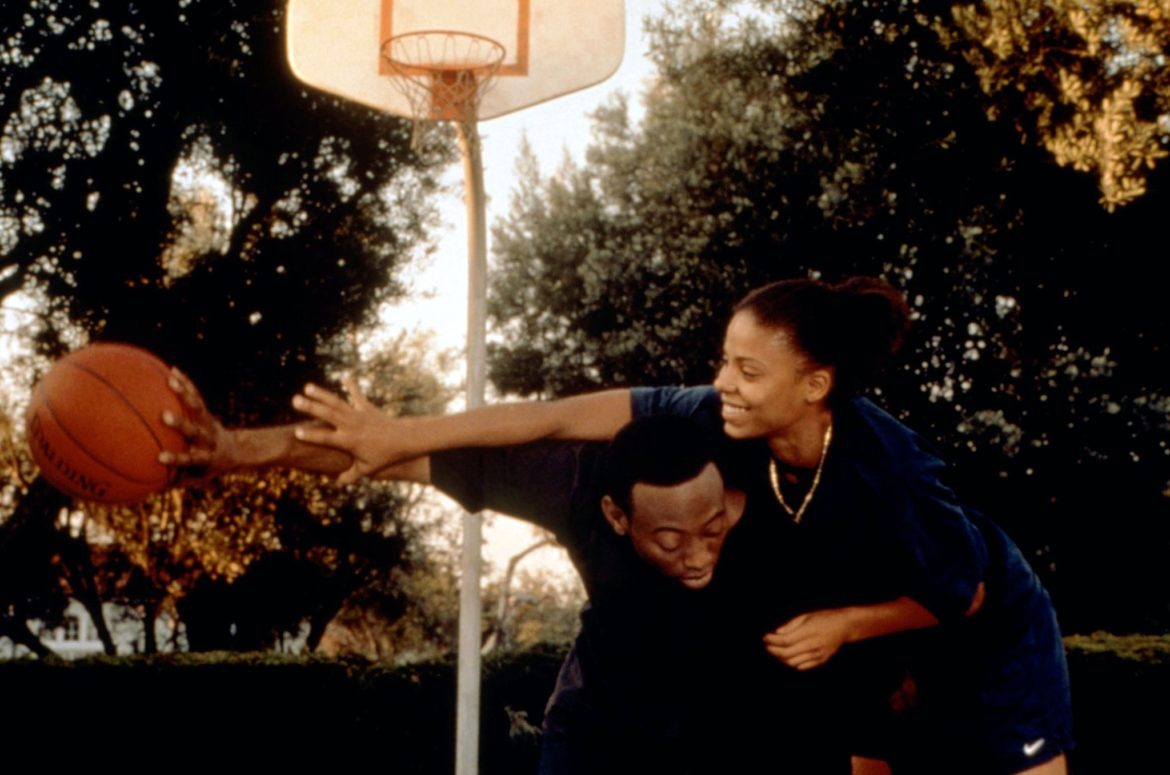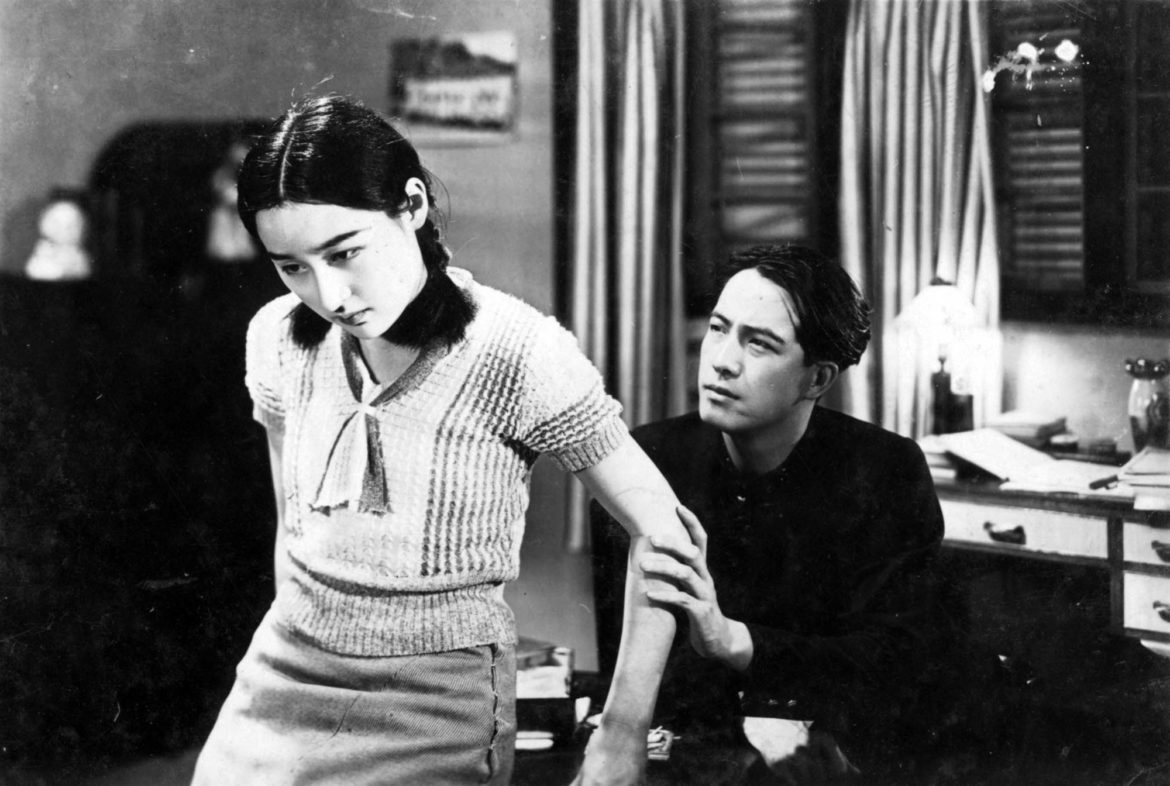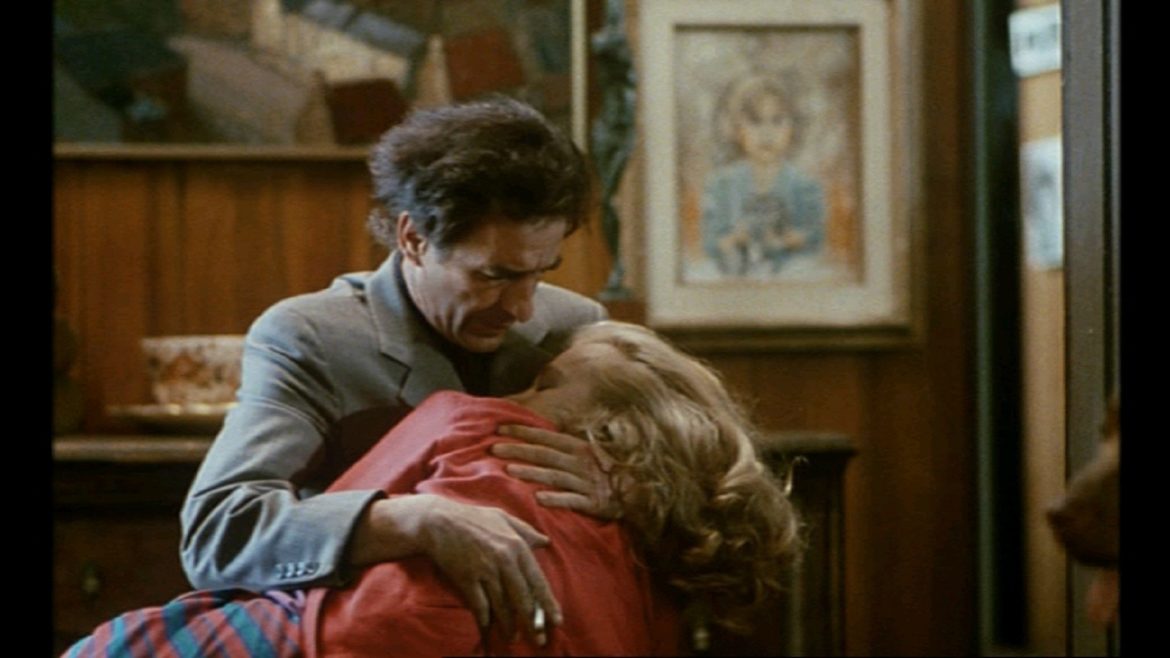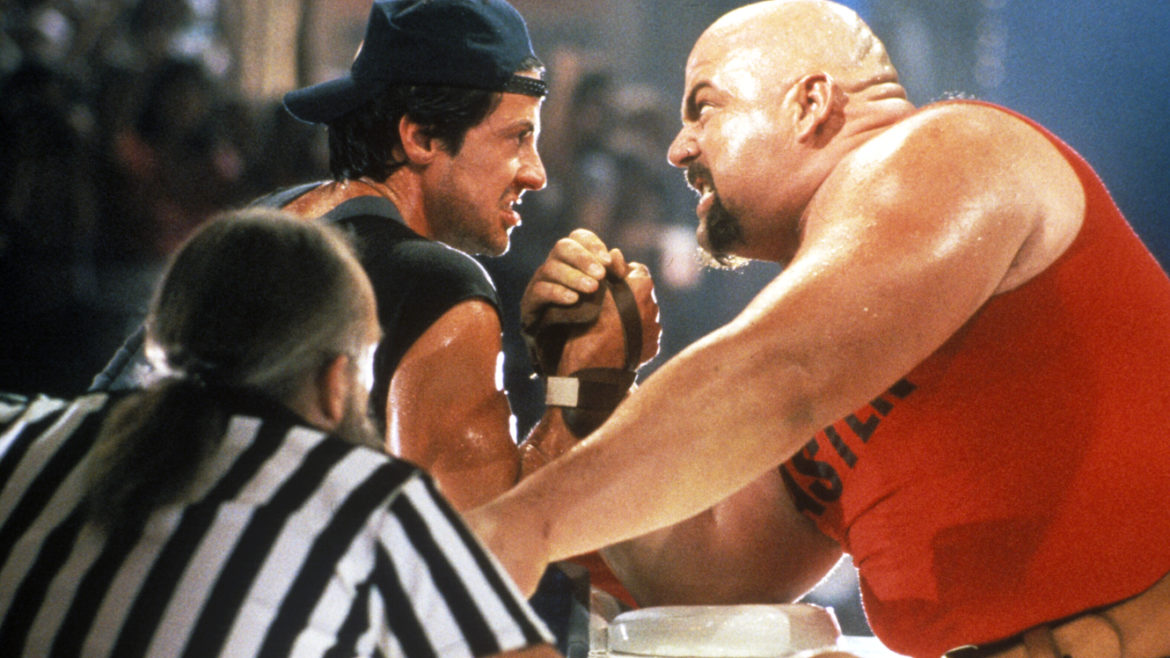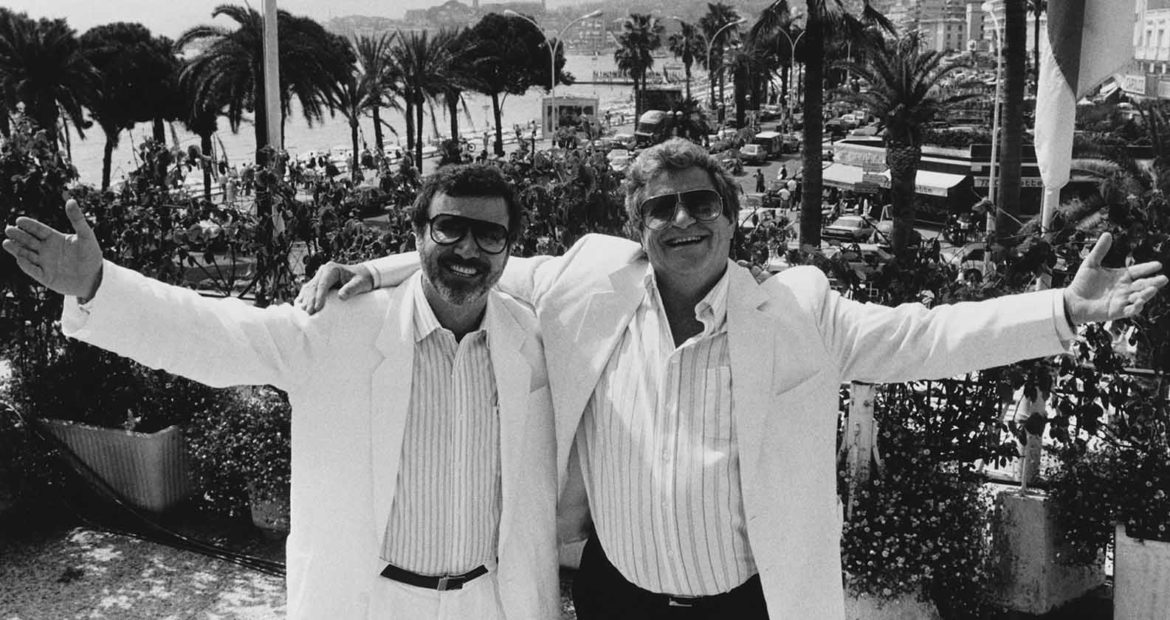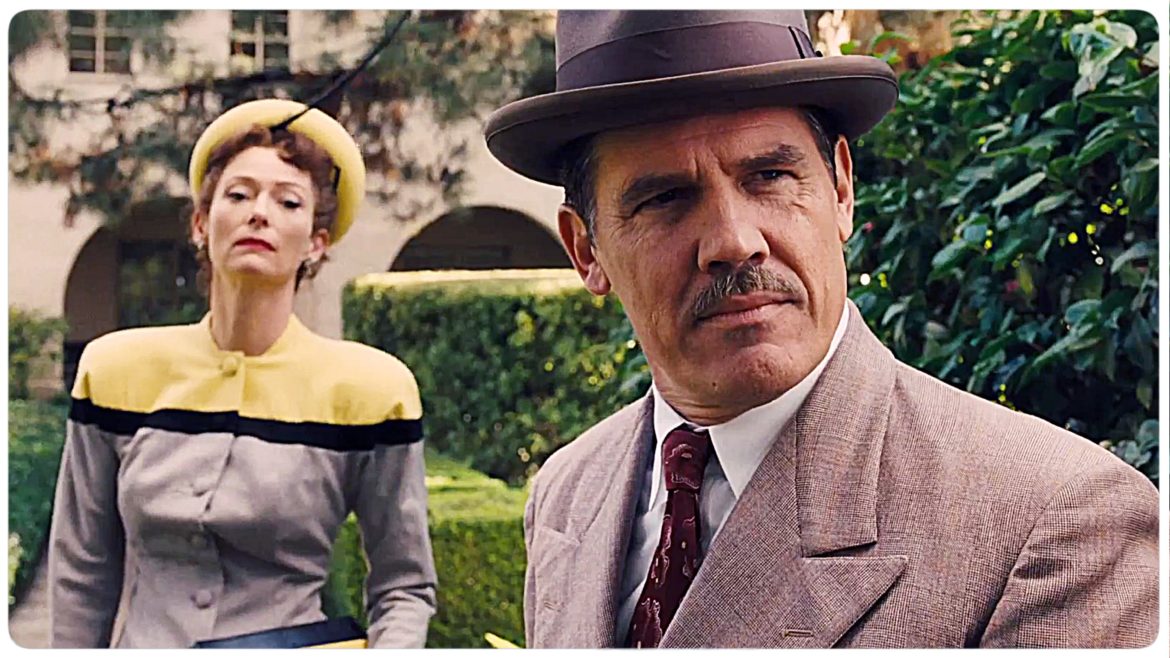In Part 2 of our discussion with Susan Oxtoby, Senior Film Curator at the Berkeley Art Museum and Pacific Film Archive, we talk a bit about film preservation and restoration, about archives and collective memory, and the future of film in the digital age.
Film
“There’s Just a Wealth of Filmmaking That Could Be Shown”: A Conversation with Susan Oxtoby
Susan Oxtoby knows film.
Over the course of her career, the current Senior Film Curator at the Berkeley Art Museum and Pacific Film Archive (Bam/PFA) has programmed countless series and retrospectives, introducing audiences to under-seen, rarely-screened masterpieces from throughout the world and across cinema history.
As all good sports fans know, yesterday was Selection Sunday, in which brackets for the NCAA tournament and March Madness were revealed. I did not know this, as I am not a good sports fan, until my sport-savvier girlfriend Carrie informed me a few weeks back.
Every March, some folks over at Letterboxd hold a 30 Films In 30 Days From 30 Countries challenge, in which, unsurprisingly, you are challenged to watch 30 films in 30 days from 30 countries.
I’m giving it a go this year, though as you can see, I’ve already fallen behind schedule.
Part of an ongoing effort to watch a set of films from non-White, non-U.S., non-male, and/or non-straight filmmakers and depart a little from the Western canon. The intro and full list can be found here.
The camera tracks from left to right through a lower middle-class suburb in Japan, establishing the textures, geography, and architecture of the neighborhood before arriving at two older boys tossing a baseball around in a yard.
Cannon Films made Death Wish 3, but they also made Love Streams. Thank you, Cannon Films.
One of the enduring mysteries of Cannon Films’ brief, spectacularly absurd success in the 1980s – aside from whether Sly Stallone’s character in Over The Top is named “Lincoln Hawk” or “Lincoln Hawks”, and which name would be dumber in the first place – is how the Golan-Globus group managed to crank out so much drivel while still laying the groundwork for genuine masterpieces.
Over The Top is not a good movie. In fact, it would be fair to call it an extremely bad movie. At no point, over the course of its surprisingly merciful hour-and-a-half running time, does it feature recognizable human beings, engaged in the activities human beings are generally known for.
At one point in Electric Boogaloo: The Wild, Untold Story of Cannon Films, the late Menahem Golan, the inexhaustibly enthusiastic producer of movies that probably did not merit anything close to his hilariously exaggerated boosterism, lays out his own view of his company’s legacy: “Sometimes we made good films, sometimes we made not so good films, but we made films.
Part of an ongoing effort to watch a set of films from non-White, non-U.S., non-male, and/or non-straight filmmakers and depart a little from the Western canon. The intro and full list can be found here.
When I first conceived of this series, one of the things I hoped for was to “discover” masterpieces.
Given their frequent forays into philosophical contemplation and the various tantalizing Easter eggs sprinkled into their filmography for the devout, it’s sometimes overlooked that the Coen brothers are very, very funny. If you’ve forgotten, Hail, Caesar! is here to remind you – it’s the filmmaking team’s most explicitly comedic outing in years, and one of their best.



